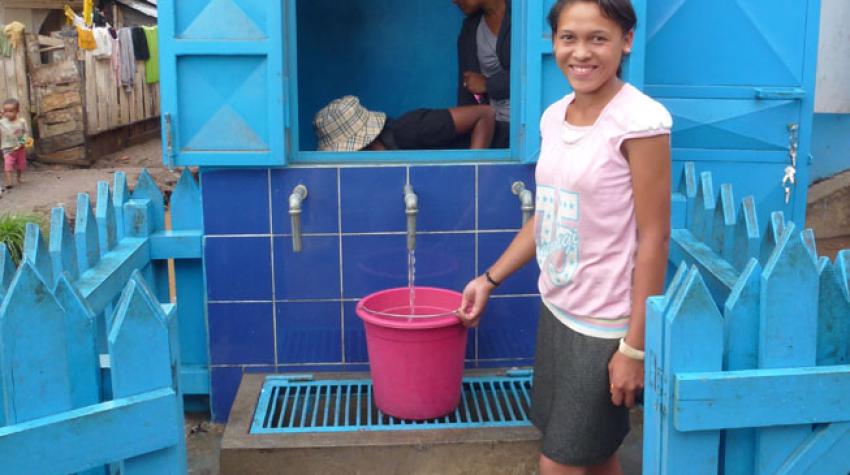
Working with Strong Service Providers to Address the Urban Water and Sanitation Challenge
For many people around the world, it is simply impossible to imagine life without easy access to safe drinking water or a toilet, yet the lack of such basic amenities is still a fact of life for too many in the global South. While it is true that transformational change in the provision of basic services has been achieved in some countries over the past 15 years, millions remain without access to water and sanitation.
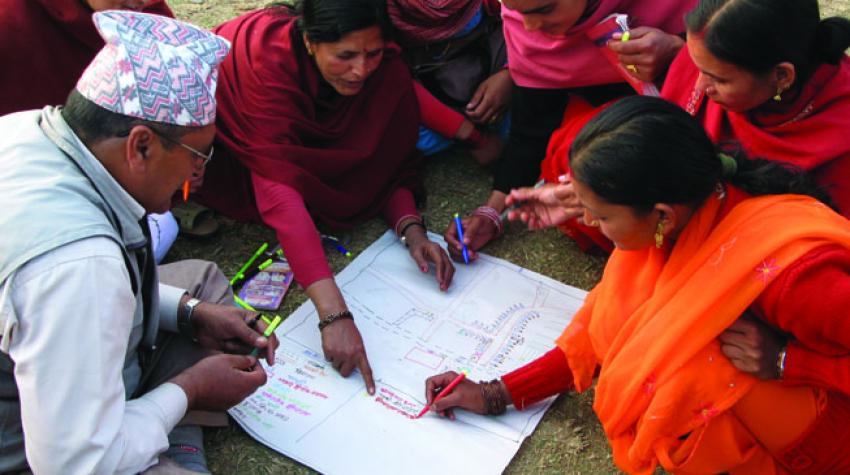
The New Urban Agenda's Road Map for Planning Urban Spatial Development: Tangible, Manageable and Measurable
The recently drafted New Urban Agenda, which Governments will adopt in Quito, reaffirms Member States' support of all the components of Goal 11. Both parts of the outcome document—the Quito Declaration on Sustainable Cities and Human Settlements for All and the Quito Implementation Plan for the New Urban Agenda—clearly enunciate three priorities that will frame the successful execution of Goal 11 and the urban aspects of the other SDGs, and lead to the achievement of sustainable urbanization in the coming decades. These priorities are: having a supportive governance structure, inventing and maintaining twenty-first century planning and managing urban spatial development, and establishing sound financing mechanisms.
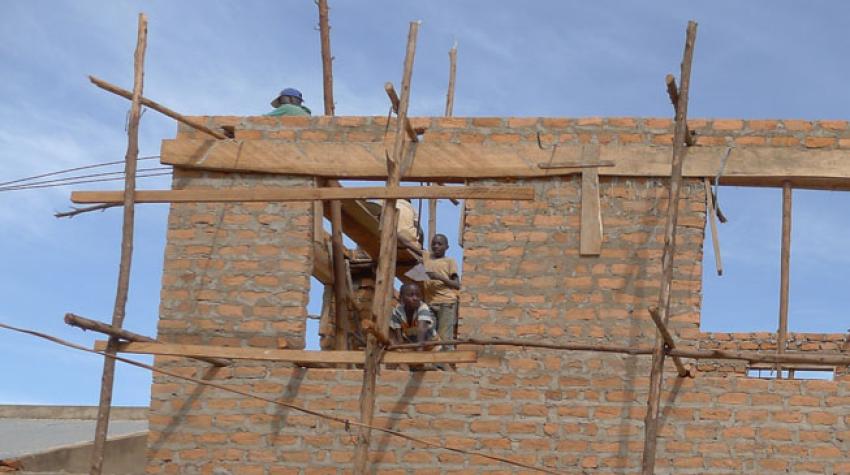
Transforming Settlements in Africa
My perspective on transforming settlements of the urban poor is that such change should be a community- and women-centred process, in order to realize sustainability and bottom-up ownership. Transformation should involve mobilizing and sensitizing slum dwellers to understand the importance of change.
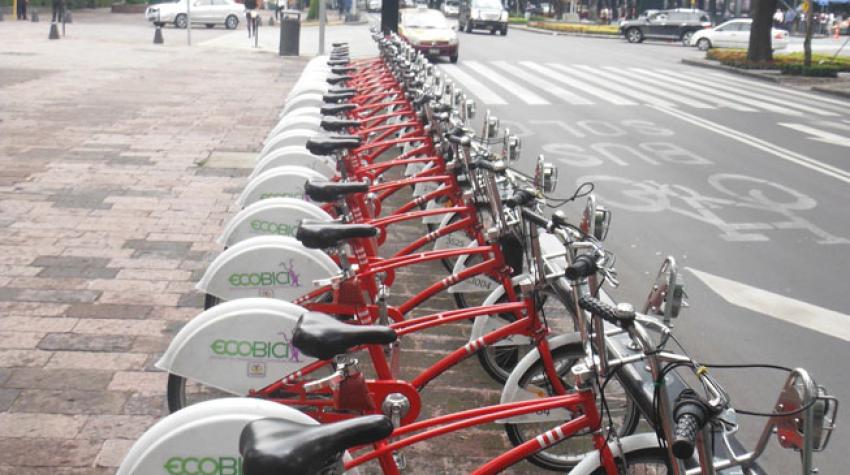
Green Spaces: An Invaluable Resource for Delivering Sustainable Urban Health
Multisectoral collaboration among decision-making entities and the public will be critical, as no single ministry or Government can achieve climate goals alone. It is also important to integrate participatory processes in policymaking and implementation at both the national and local levels for effective governance to act on social determinants of health. Health perspectives can help shape city policies that drive cost-effective urban planning and related transport mitigation strategies.

Delhi, the Forever City
It is all too easy to look underfoot and see that the road to Greater Delhi has been paved with unintelligible official regulations, subversive colonization from below and daring acts by real estate predators. It is equally important, however, on Indian Independence Day, to lift one's eyes to the clear blue sky, alive with the soaring and dipping of hundreds of kites flown from rooftops in Shahjahanabad, down to the spacious lawns leading out from the iconic President's House, where dozens of vendors serve street food from all over India, and to wend one's way at dusk to the shrine of Hazrat Nizamuddin Auliya, to lose oneself in Sufi music, with words that have echoed down through 800 years, in the fragrance of red roses.
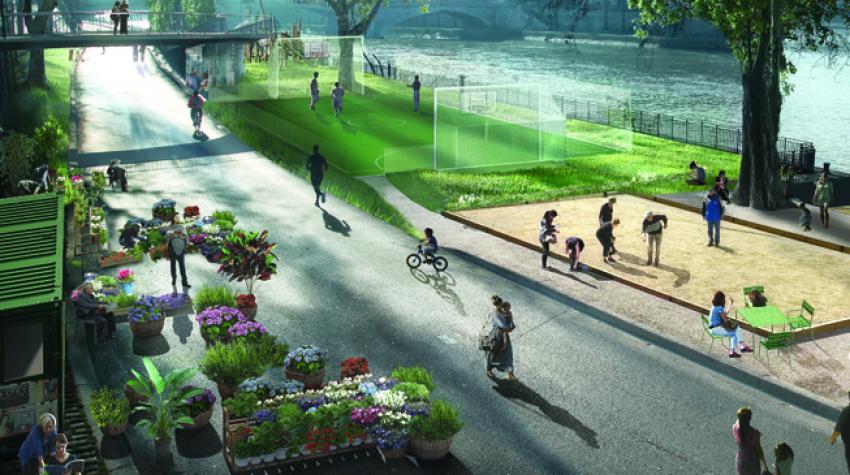
Placing People at the Centre of Our Sustainable Urban Future
It is up to us to work towards the city of our dreams. Together, by maintaining unwavering confidence in mankind and remaining aware of the opportunities offered by our territories and technological advances, we can create sustainable, resilient cities that are welcoming places for their inhabitants today and for future generations.
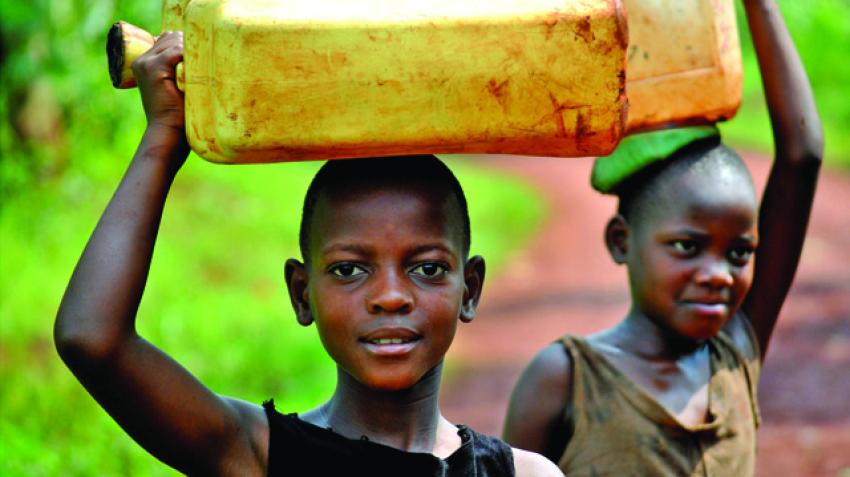
Why Organized Grassroots Women Matter in the Sustainable Development of Rural Communities
Women and girls are not intrinsically vulnerable but their social, economic and political conditions make them susceptible to risks and vulnerabilities. In the context of the 2030 Agenda for Sustainable Development and the United Nations Conference on Housing and Sustainable Urban Development (Habitat III), to be held in Quito, Ecuador, 17–20 October 2016, the imminent threat of climate change must be seriously considered, as it increases the risks and vulnerabilities afflicting women and girls, including rural women and their communities.
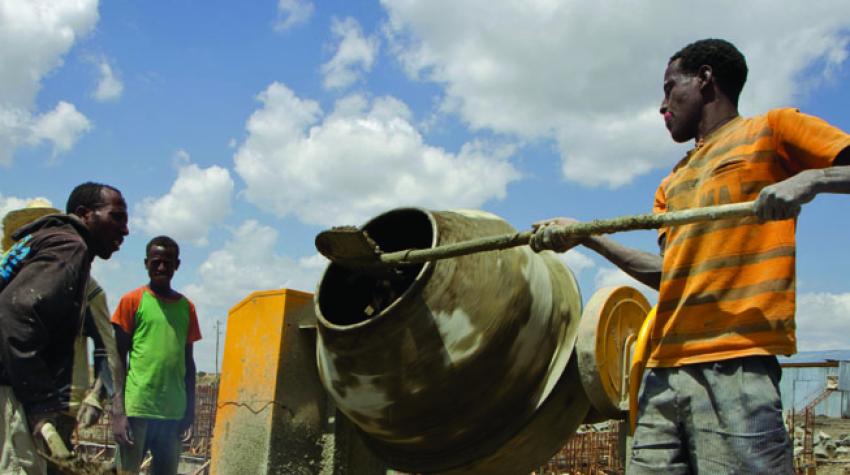
The Demand for Responsive Architectural Planning and Production in Rapidly Urbanizing Regions: the Case of Ethiopia
Over the past few years, compelling evidence has emerged that Ethiopia has begun its transformation in almost all spheres, revealing both potentialities and challenges. In this period of heightened dynamism, the subject of urbanization, which has long been neglected in political and development discourse, is becoming a central agenda.
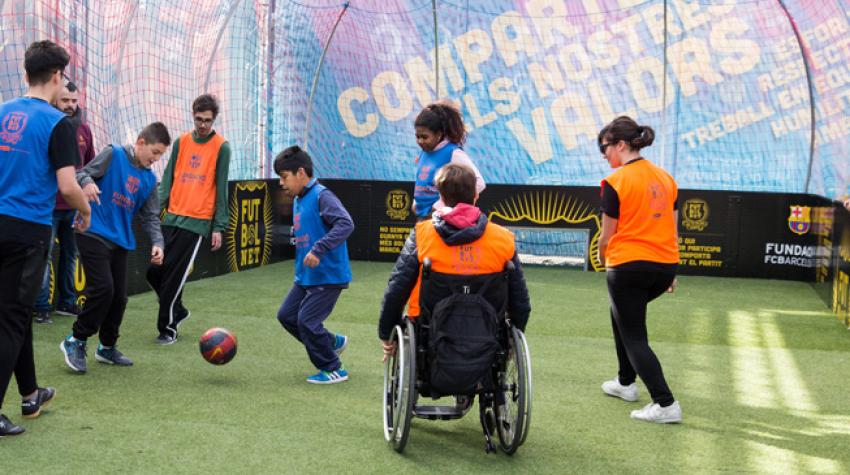
The Barça Foundation: Sport in the Service of Social Development
Football is the most egalitarian sport. It recognizes no frontiers, classes or backgrounds. FC Barcelona is aware of the hope that football generates in thousands of children and how its own players have become role models. Our objective is not just to win trophies but also to influence and actively participate in structural and transformative changes, and to help people prepare for what really matters in life.
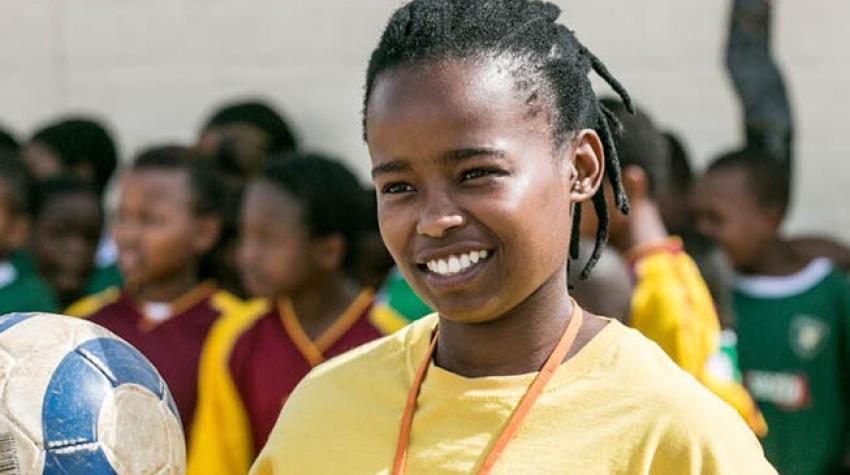
Changing the Game for Young People in Health and Development
Football and other sports are helping to equip our youth with the knowledge to protect themselves and make informed choices about their health, but we need to go further. The world urgently needs to readjust its thinking on adolescent health and well-being. Young people no longer want to be passive beneficiaries they are becoming change-makers in their own right. They can serve as powerful partners for policymakers in building effective responses to the HIV epidemic that are evidence-based and proven to work.
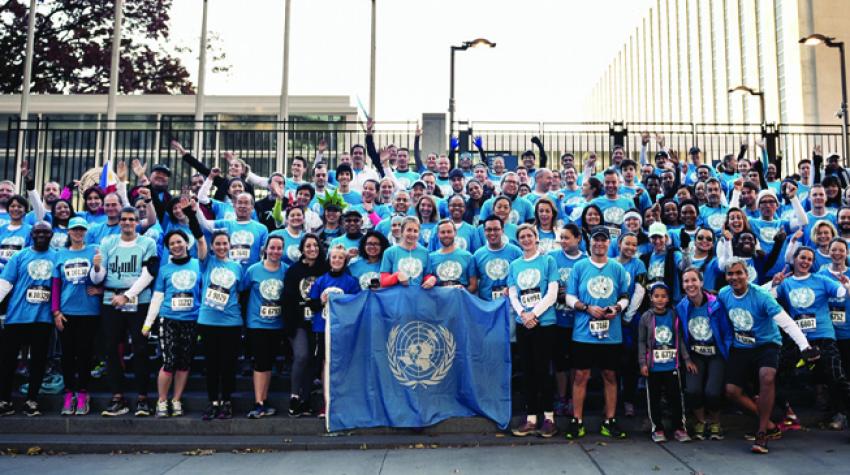
It's Never Too Late to Start Running
Had I not connected my run to a fundraising goal and received such overwhelming support, I would not have run 500 or so miles in the 20 weeks leading up to the Marathon, or been able to finish the Marathon itself. Committing to a goal that affects the lives of others was key to pushing myself to find the time and energy to run 25–30 miles a week.

Sport Promoting Human Development and Well-Being: Psychological Components of Sustainability
Youth participation in sport for development is gaining popularity and momentum because of its value in promoting life skills and the essentials of global citizenship.There is increasing recognition of the efficacy of humanitarian programmes that employ sport as a tool for intervention and change in geopolitically and culturally diverse contexts.
